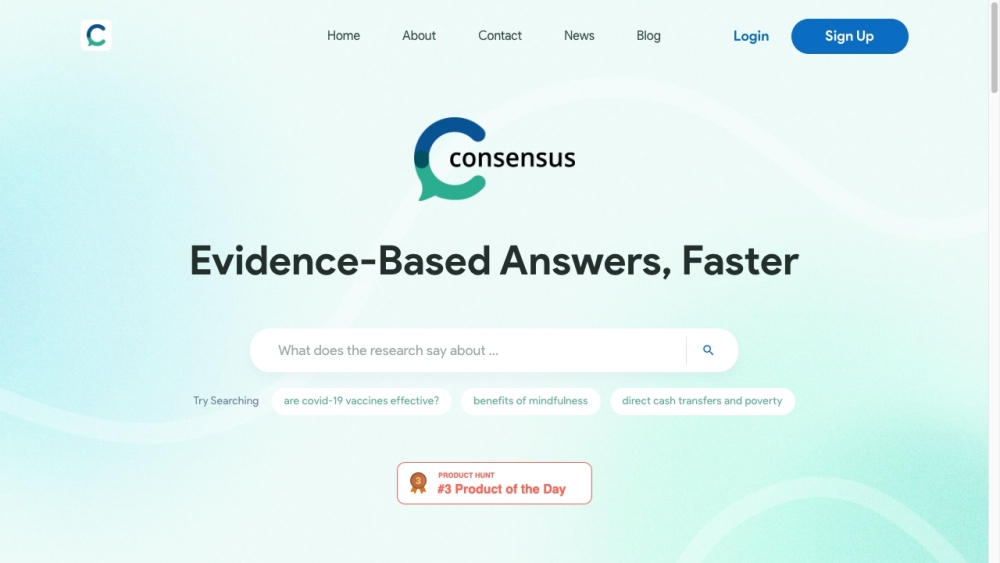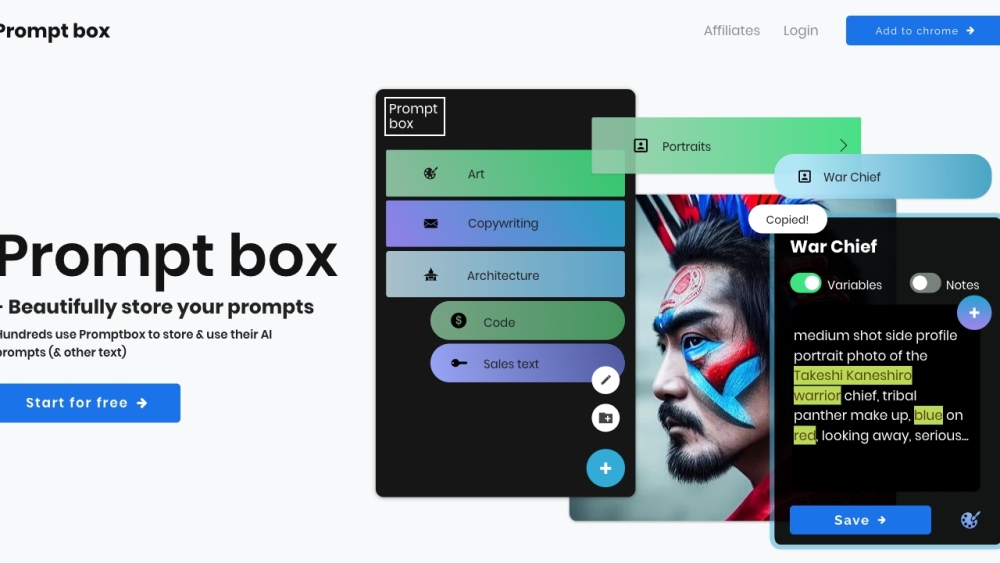Google is making a significant foray into retail with its latest generative AI initiatives, aimed at enhancing the online shopping journey for customers and optimizing back-office operations for retailers.
Coinciding with the National Retail Federation’s annual conference in New York City, Google Cloud announced a suite of GenAI products specifically designed to personalize e-commerce experiences. However, their effectiveness remains to be seen, as we did not have the opportunity to test these tools prior to today’s launch announcement. They are expected to roll out in the first quarter of this year.
Among these innovations is the Conversational Commerce Solution, allowing retailers to integrate GenAI-powered agents into their websites and mobile applications, functioning similarly to an advanced, brand-centric ChatGPT. These agents engage with shoppers in natural language, providing personalized product recommendations based on individual preferences.
Although branded chatbots are not a novel concept, Google asserts that its advanced models, such as PaLM, are driving these agents. Retailers can customize these agents using their own data, including catalogs and websites.
Another significant component of this launch is the Catalog and Content Enrichment toolset, which utilizes GenAI models like PaLM and Imagen. This toolset automatically generates product descriptions, metadata, and categorization suggestions from just a single product image. Retailers can also create new product images from existing ones or generate images based on product descriptions.
It’s worth noting that when eBay introduced a similar AI-powered image-to-description feature a few months ago, sellers quickly voiced concerns regarding its performance, citing instances of misleading and repetitive content.
I inquired with Amy Eschliman, managing director of retail at Google Cloud, about measures being taken to address potential inaccuracies or “hallucinations” generated by the AI. While she didn’t mention specific solutions, she emphasized that Google is continuously refining its tools and that human review is integral to the workflows of Catalog and Content Enrichment.
Human review is indeed essential in high-stakes scenarios. Misleading AI-generated content could potentially expose retailers to customer dissatisfaction or allegations of false advertising. Eschliman noted, “Human-in-the-loop is a best practice that ensures high quality, mitigates bias, fosters trust, and maintains compliance with regulatory and business policies.”
In a related development, Google has unveiled a retail-focused Distributed Cloud Edge device, a managed hardware solution intended to cut IT costs and resource investments for GenAI applications in retail. Although Google has offered Distributed Cloud Edge as a service for some time, this new version targets retailers directly. Available in sizes ranging from single-server to multi-server configurations, this edge cluster can be deployed in various retail settings, from convenience stores to casual dining restaurants, enabling the use of GenAI applications.
Eschliman stated, “With the control plane operating locally, Google Distributed Cloud Edge allows retailers to maintain operation even during temporary internet disruptions. Retailers can access a small cluster of Google Cloud-managed nodes that can be compactly installed in stores, enabling mission-critical functions at all times.”
Pricing and availability details are expected to be released in the first quarter.
After discussing these initiatives, I wonder if the retail sector is genuinely eager for generative AI adoption. Likely, at least among larger players in the market.
For instance, Walmart recently announced substantial investments in generative AI to enhance search capabilities and help customers with specific needs (such as “unicorn-themed toddler birthday party”). Similarly, Amazon has been utilizing generative AI to summarize customer reviews, aid sellers in crafting product descriptions, and improve the accuracy of searches for clothing sizes.
According to a Google survey, 81% of retail decision-makers express a sense of urgency to adopt generative AI, with 72% feeling ready to implement the technology immediately in areas like customer service automation, marketing, product descriptions, creative support, conversational commerce, and associate knowledge.
However, given some recent challenges related to generative AI rollouts in retail—such as Amazon’s exaggerated review summaries—it's uncertain whether the broader retail industry will quickly embrace generative AI en masse, whether it be from Google Cloud or other providers. Time will tell as the landscape continues to evolve.




